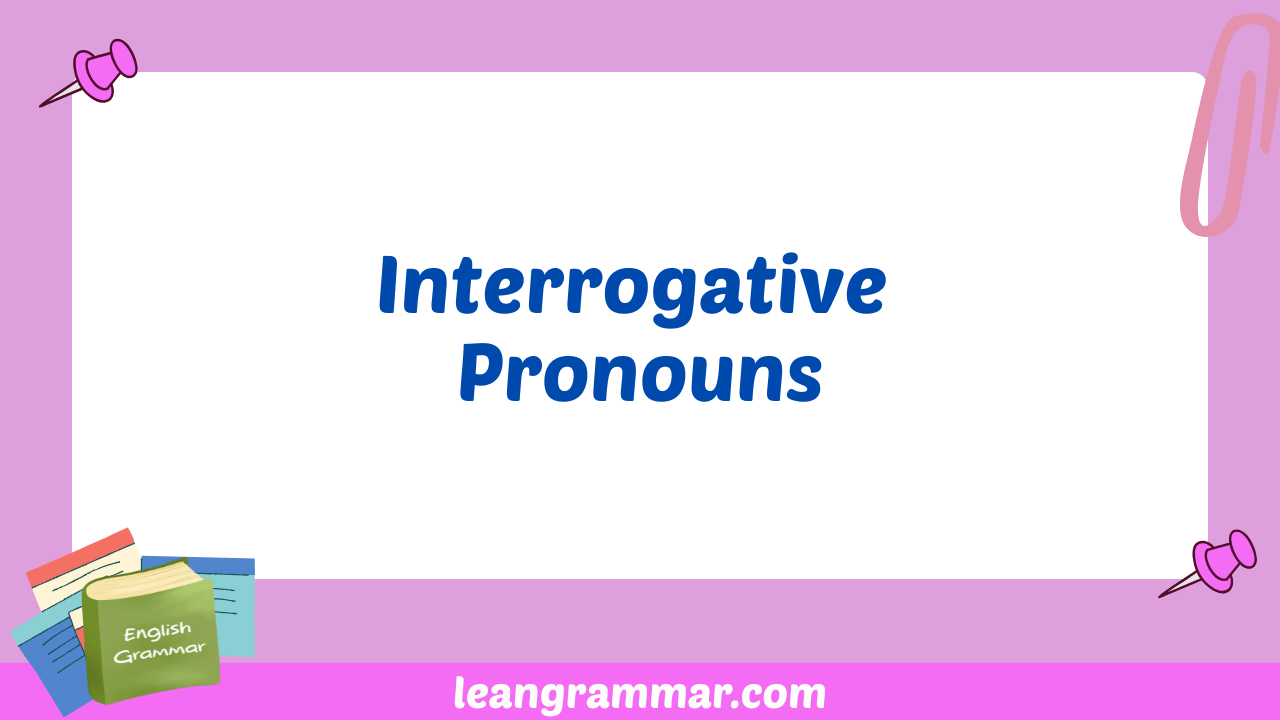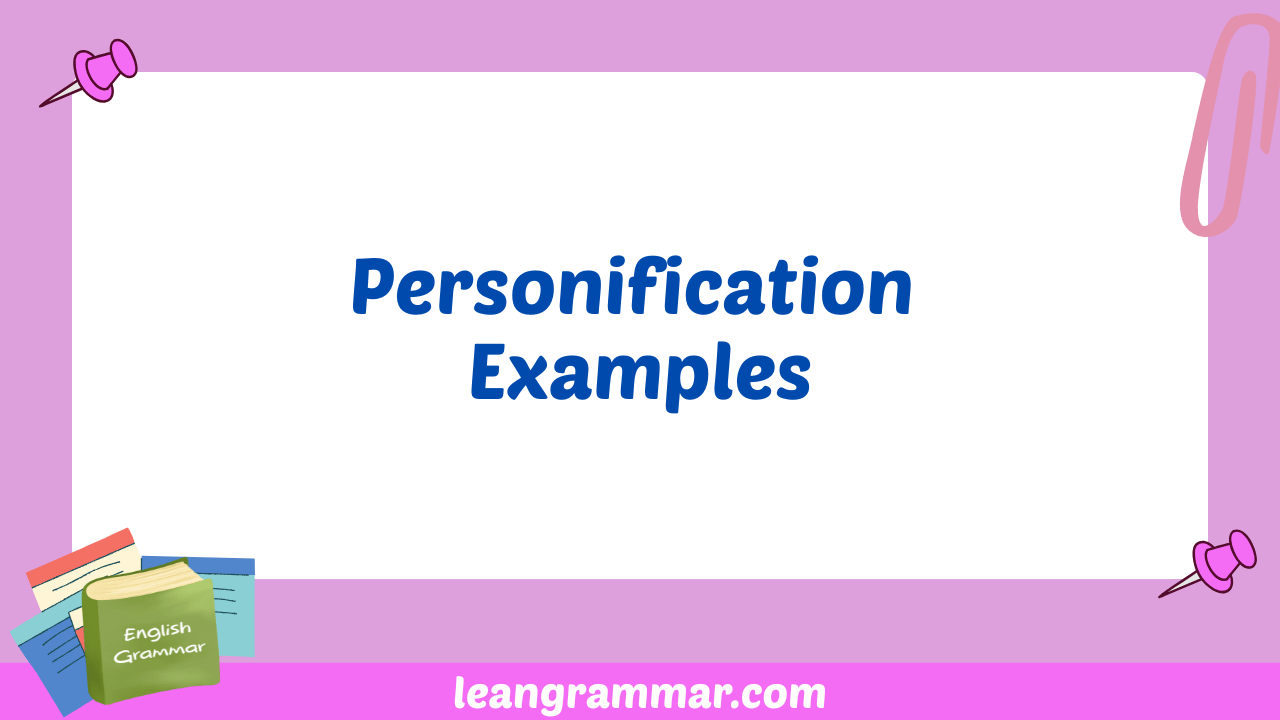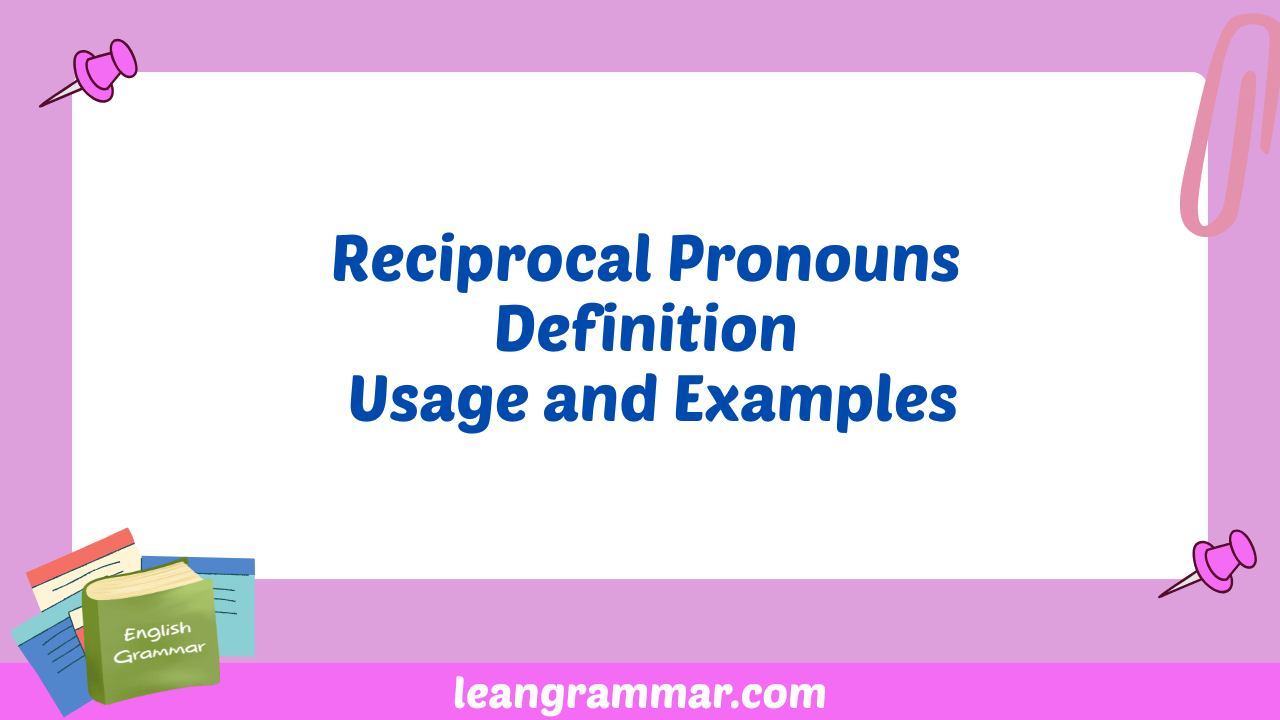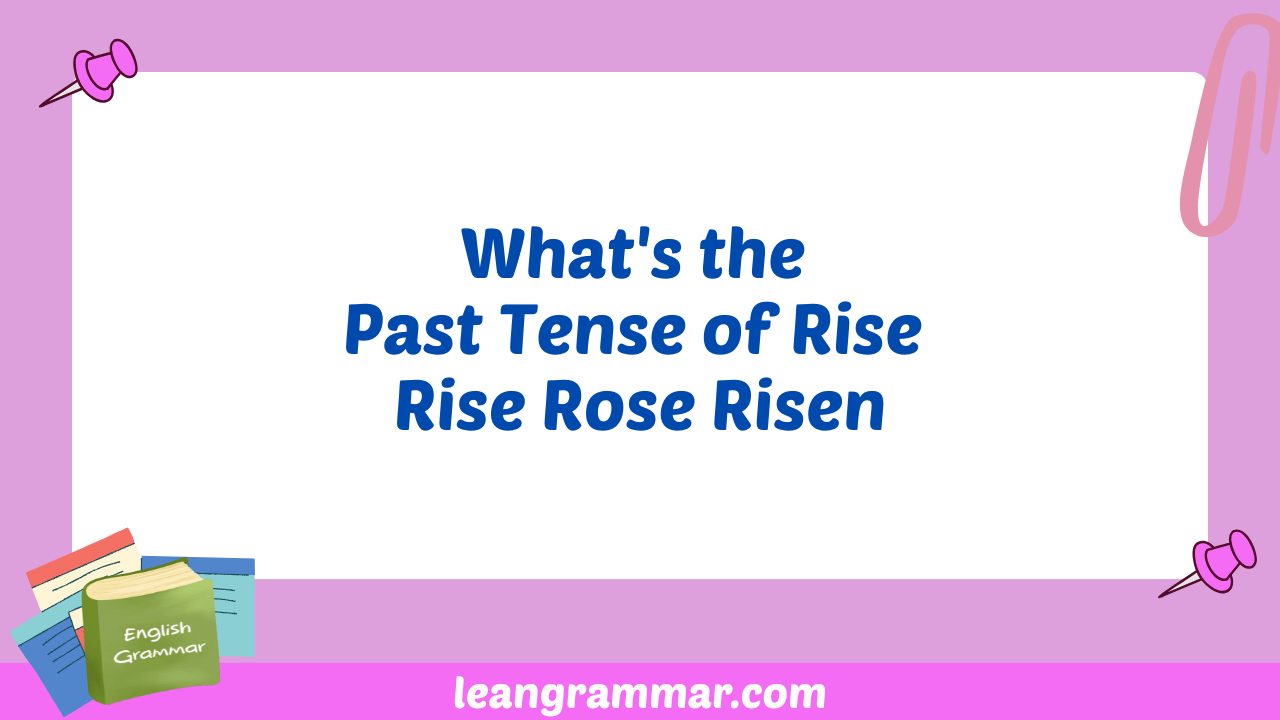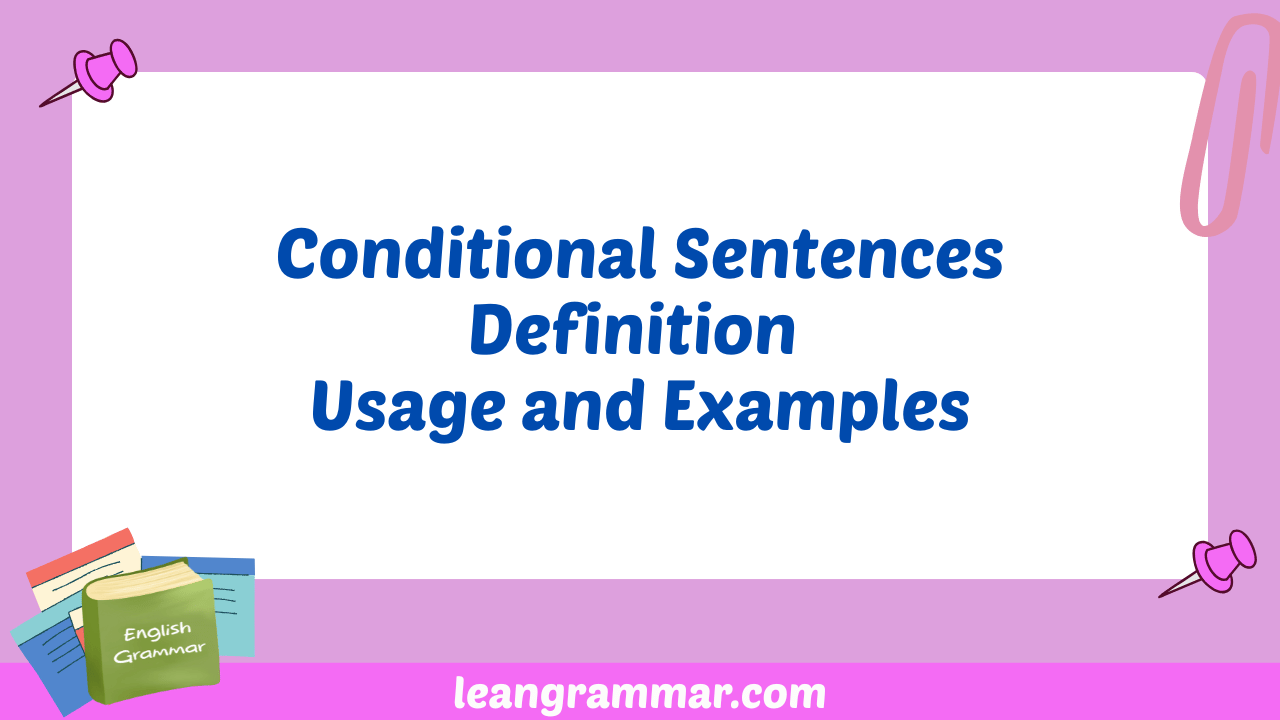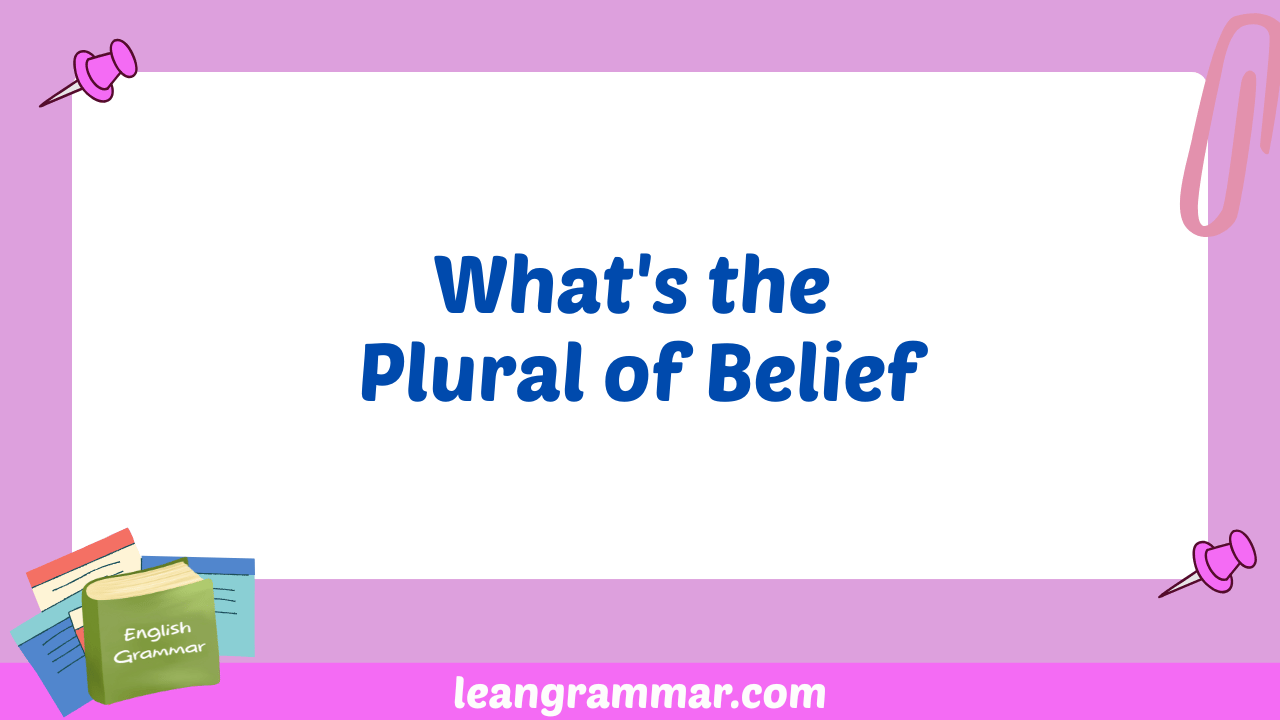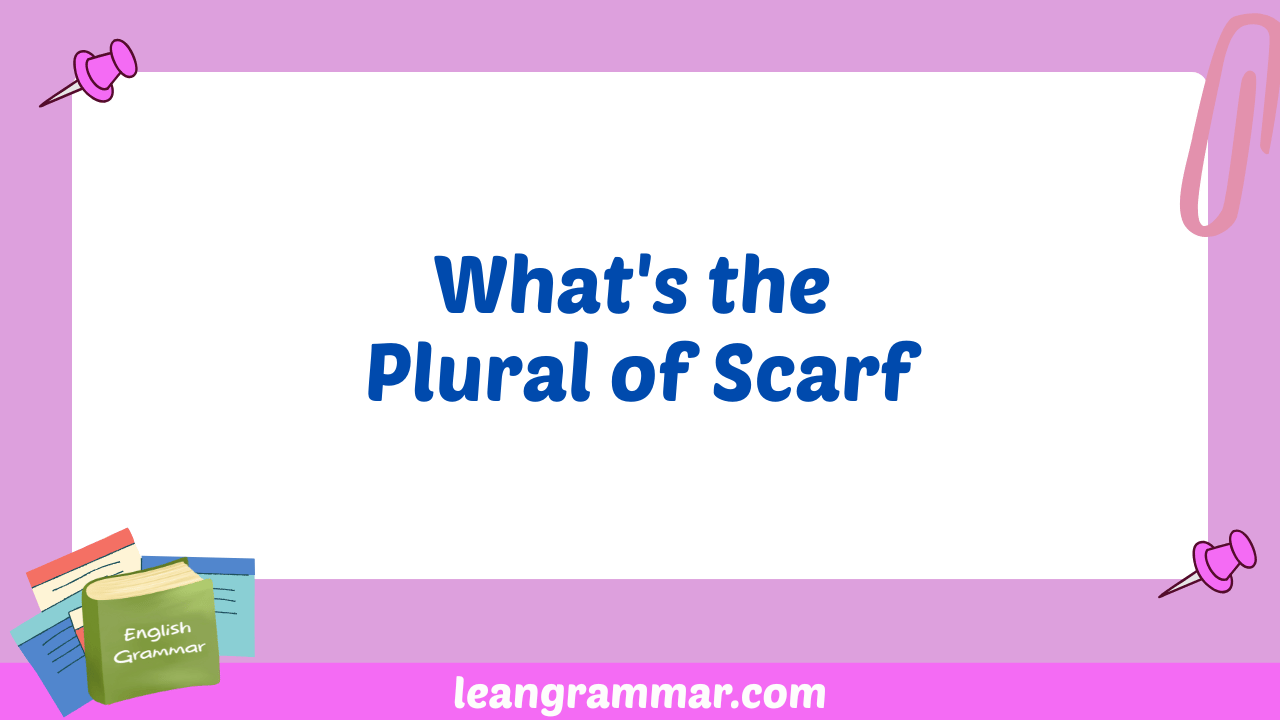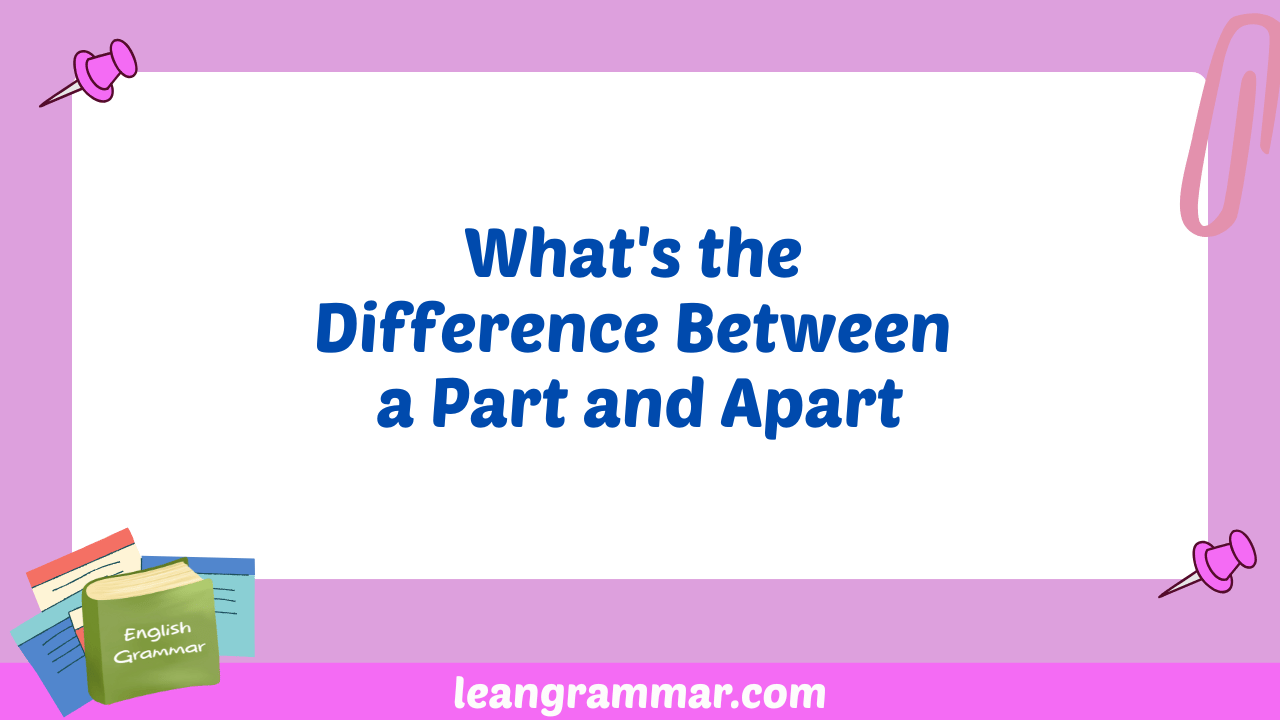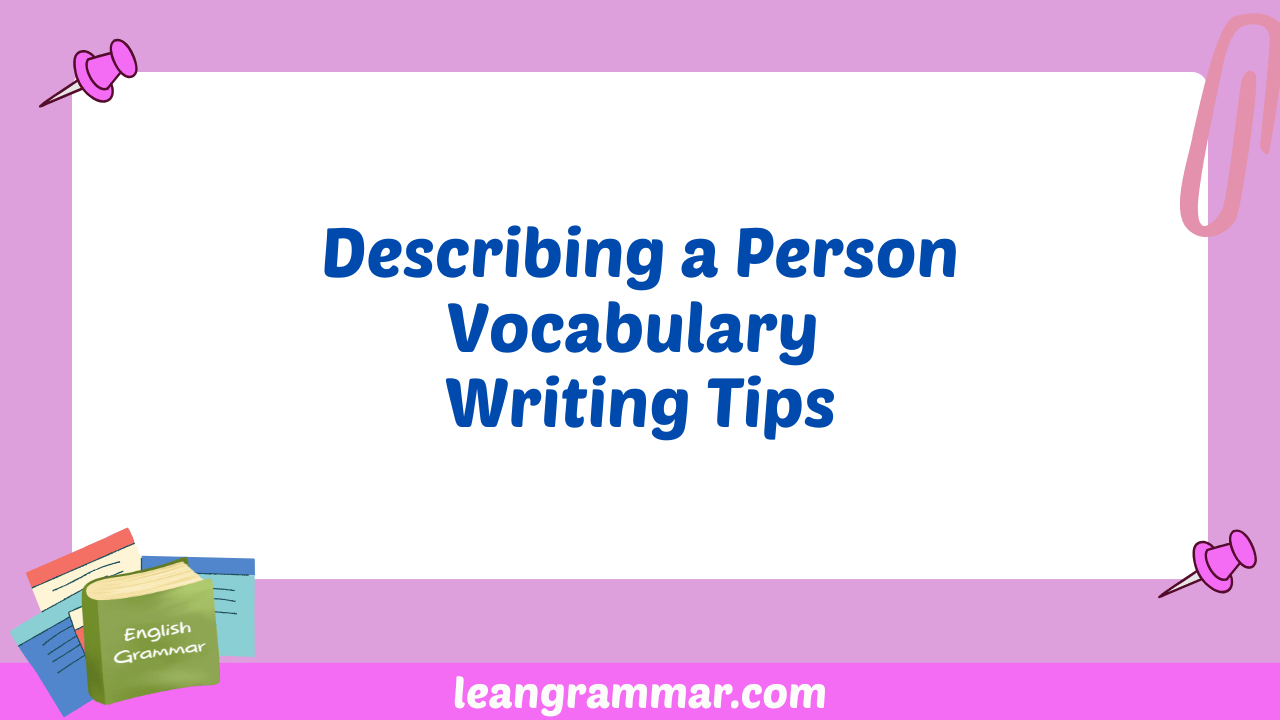Interrogative Pronouns: Mastering Question Formation
Understanding interrogative pronouns is crucial for forming questions correctly and effectively in English. These pronouns, such as who, what, which, whom, and whose, are the foundation of inquiry, allowing us to gather information and seek clarification. Mastering their usage will significantly enhance your ability to communicate precisely and confidently. This article is designed for English … Read more
